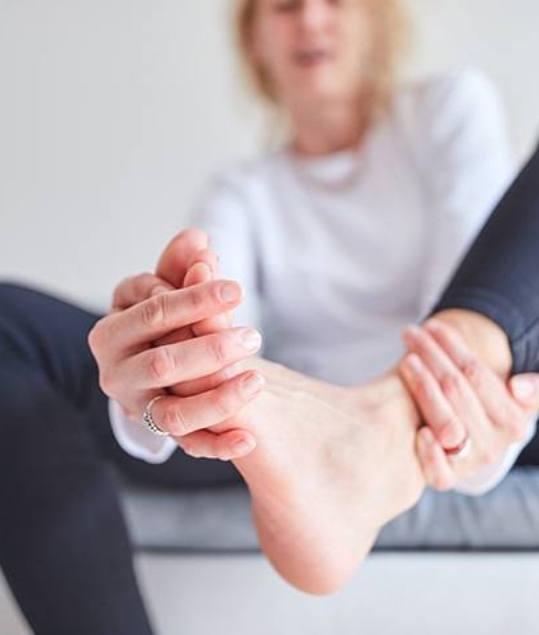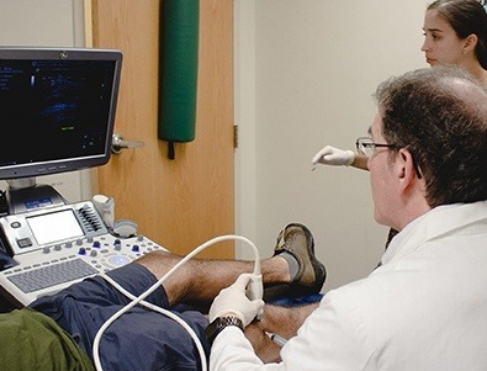Treating Chronic Tendinitis Glastonbury
How We Make the Pain Go Away

Tendons connect muscle to bone (ligaments connect bone to bone). A tendon can experience an acute or repetitive strain over time that causes microscopic tears. Chronic tendinitis develops when the tendon doesn’t properly heal in response to these tears, usually within 10-12 weeks after injury. Chronic tendinitis is more accurately called “tendinosis” to help distinguish it from more acute tendinitis. This may seem like a minor difference, but it makes a big difference when considering treatment! That’s because acute tendinitis is characterized by inflammation, while tendinosis is caused by painful degeneration. While anti-inflammatory treatments, such as Advil or cortisone injections, may be helpful for acute tendinitis, they are not typically helpful for treating chronic tendinitis.
What are the Symptoms of Chronic Tendinosis?

Tendinosis causes pain, but often in a different way than tendinitis. Athletes with tendinosis often have pain when starting an activity, but often they can “warm up through the pain,” and it feels better during activity. But then the pain comes roaring back when they stop. Sometimes, the pain is there during ANY sort of activity.
How is Chronic Tendinosis Diagnosed?

First, if you’ve had tendon pain for longer than 12 weeks, you likely have chronic tendinosis. A physical exam and diagnostic ultrasound are important to help diagnose tendinosis. Ultrasound can help us see damage in the tendon. In rare cases, an MRI may be needed.
How is Chronic Tendinosis Treated?

The goal of treatment for chronic tendinosis is not so much to reduce inflammation (because there isn’t any!) as it is to help repair the damaged tendon and restore its strength and function. Physical therapy is a mainstay of tendinosis treatment, but if that fails, then other treatments may be needed, including:
- ESWT – Extracorporeal Shock Wave Treatment.
- Home therapeutic ultrasound – This is a small, wearable device that delivers pulsed therapeutic ultrasound to the damaged area for up to 4 hours a day. It’s painless and can be very effective.
- Prolotherapy or Prolozone® injections.
- PRP injections or other biologic treatments.
